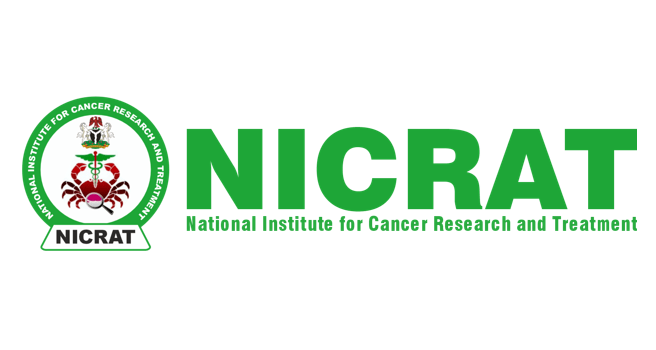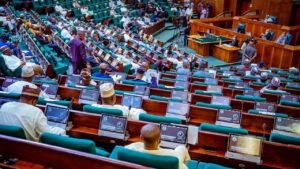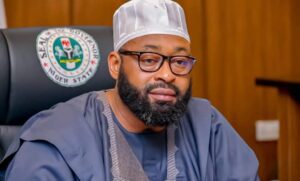
FG to establish national cancer registry — NICRAT DG
Dr Usman Aliyu, the Director-General, National Institute for Cancer Research and Treatment (NICRAT), says efforts are underway to establish a centralised standard national cancer registry and data plan in the country.
Aliyu said this on Saturday in Abuja during an interview with the newsmen.
According to him, the institute wants to make cancer a notifiable disease and the registry is a very important component in this and in the cancer prevention, treatment and care system.
He added that the registry had not been in existence due to many factors, which included lack of funding from both government and private health facilities.
He said that the absence of such national registry impeded national planning efforts in the fight against the disease.
To address this, Aliyu said, efforts were in place for NICRAT to partner the National Primary Health Care Development Agency (NPHCDA) to train frontline health workers at primary healthcare centres on basic cancer screening techniques.
This, he said, was aimed at promoting early detection which would enable patients to be referred appropriately when necessary, and to create a cancer registry right from the grassroots.
He also said that judging from the rising cases of cancer in the world, the disease seemed to be waging a war against the whole world, but most specifically on the Low-Middle-Income-Countries (LMICs) because they are battling with poor economies.
Making reference to statistics, he said a recent report by the Global Cancer Observatory (GLOBOCAN), indicated that there were 127,763 new cancer cases with about 79,542 deaths in Nigeria in 2022.
According to him, the report also indicated that prevalent cancer cases for both sexes in the country are breast cancer at 25.3 per cent, prostate 14.1 per cent, cervical 10.7 per cent, colorectal 6.4 per cent and Non-Hodgkins Lymphoma (NHL) 4.1 per cent.
He, however, said that the first step in cancer care is prevention.
“So, the best we can do is to ensure we start working on prevention and that is a collective responsibility for all Nigerians.
“The first level of prevention is to get the right information to the populace on the things that make people susceptible to cancer.
“If you can educate people on the causative agents and behaviour, then they have been empowered about cancer.
“Many have died of cancer in Nigeria but were unaware of what caused their death and this can be blamed on poor education and lack of adequate documentation.”
On the implementation of the Cancer Health Fund (CHF), Aliyu said that a cancer health committee had been set up to look into it right from the concept, the framework, the operational plan and then the challenges.
According to him, a stakeholder engagement took place in 2023 where most of the stakeholders of the CHF came together to brainstorm and raise issues.
“Then the institute finalised some of the issues and came up with a better model. Most of the issues border on enrollment, visibility, transparency, monitoring and evaluation.
“In the area of accessibility, the institute is working toward making it very accessible by employing the patient-navigation and referral system so that the patient can get on board easily and get on the platform.
“For visibility, there is a challenge because of the limitation of funds but we are working, there are lots of commitments and there is a network of legislators advocating alongside non-governmental organisations and government agencies for improvement in this funding.
“So, when that happens, there will be inclusion of more centers and the operational funding will be different from what has been in the system before in terms of enrolment, evaluation, selection of patients because the fund is actually targeted at funding indigent patients.”
He, however, noted that presently, the Federal Government had in the 2024 budget appropriated N200 million to the fund.
He added that efforts were on to increase it in the coming years and for another amount to be set aside for childhood cancers because cases were also gaining momentum.
NAN recalls that the institute was established through the NICRAT establishment Act 2017 to provide national leadership in cancer research, treatment and control in Nigeria.




